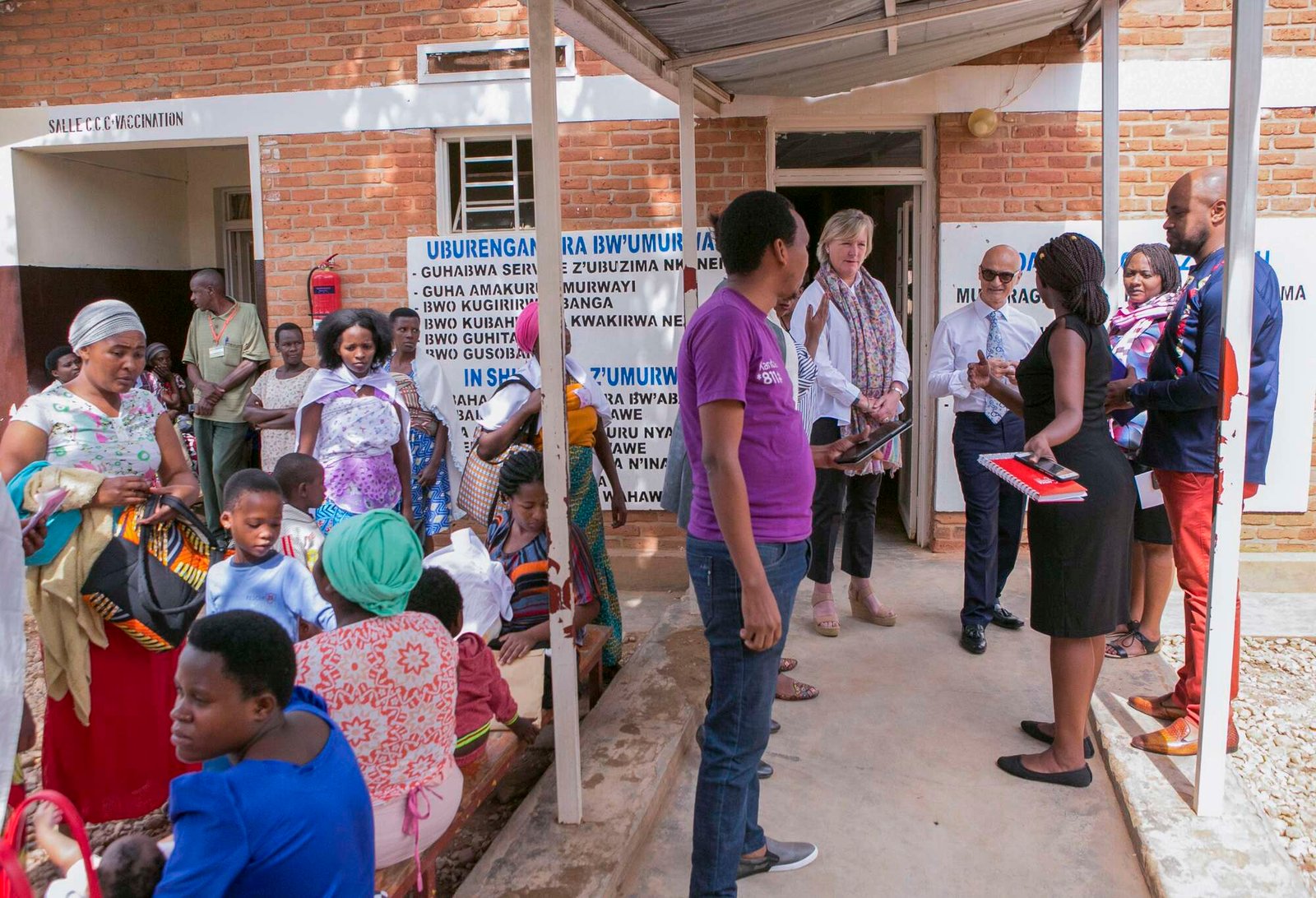[ad_1]

Rwanda’s Ministry of Health is in a race against time to safeguard digitised healthcare access due to financial woes faced by Babylon, also known as Babyl, a healthcare enterprise offering telemedicine services across the country.
The UK-based company has been struggling for months to secure financing for its business and has filed for bankruptcy for two of its subsidiaries in the US, according to Forbes.
At the end of December 2022, Babylon recorded a net loss of $221.4 million on global revenue of $1.1 billion, according to Forbes, which has cast a shadow over its services globally.
The development sent shockwaves through Rwanda’s health sector.
Babylon Health has played a pivotal role in timely healthcare provision to over 2.5 million subscribers, offering digital consultations, medical guidance, and referrals.
Read: Babyl to offer medical care services on mobile phone
“The Ministry of Health is in discussions with Babyl Rwanda to ensure continuity of services despite the closure of Babylon. We will communicate the results of our discussions as soon as we have reached a conclusion. We continue to encourage the population to always seek prompt treatment in the nearest health facilities in the event of sickness,” Julien Niyingabira, Rwanda Health Communications Division Manager told The EastAfrican.
The EastAfrican has learnt that on August 7, Health Minister Sabin Nsanzimana convened a meeting with the head of Babyl’s operations in Rwanda, Shivon Byamukama, to formulate a contingency plan to mitigate the impact of the company’s bankruptcy.
Key among their concerns is the future of the Company’s operations as Babylon Health’s operations in Rwanda employ over 600 individuals, including doctors, nurses, call centre agents, and software developers, who are all now at risk of losing their jobs if the company contracts.
Its absence could also potentially disrupt the healthcare ecosystem, leading to delayed medical services and subsequently increased healthcare expenses.
But the management of Babyl Rwanda sought to allay fears, saying the “focus remains on delivering high-quality care while seeking new opportunities for Babyl’s future.”
Dr Shivon Byamukama, Managing Director of Babyl Rwanda, told The EastAfrican that Babyl is in active discussions with potential investors and partners to secure the financial future and continuity of the Rwanda operations either as a standalone entity or in partnership with another body.
Read: Innovation the right dose for Africa’s health and poverty
“While these discussions take place, the company’s operations continue without interruption. Babyl remains operational, and patients can still access high-quality healthcare services, with clinicians offering consultations from Monday to Saturday, 7 am to 7 pm. In addition, partner health facilities continue to support patients with labs and medications,” Byamukama said in a statement sent to The EastAfrican.
Since its inception in Rwanda in 2018, Babylon Health has spearheaded accessible healthcare delivery, registered an impressive 2.4 million users and facilitated more than 3.5 million medical consultations. Its technology ensures that subscribers don’t have to make long trips to medical facilities or wait in long queues for doctors.
Prescriptions can also be sent to the patient’s phone and dispensed at a pharmacy using Babyl’s app in a matter of minutes.
The government’s partnership with Babyl sought to create the region’s first digital universal primary health care service, in which anyone aged 12 and above can have quick medical consultations through their mobile phones.
[ad_2]
Source link



